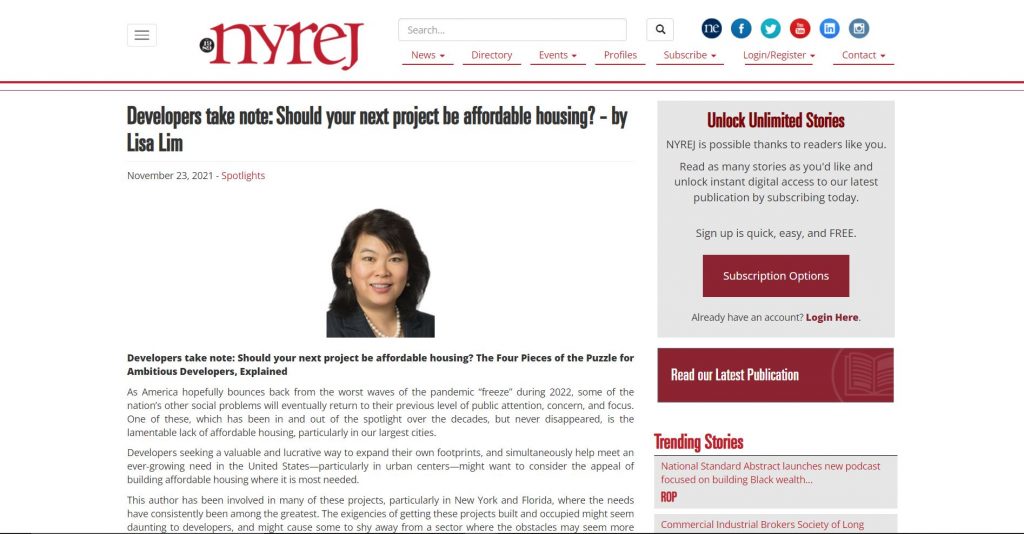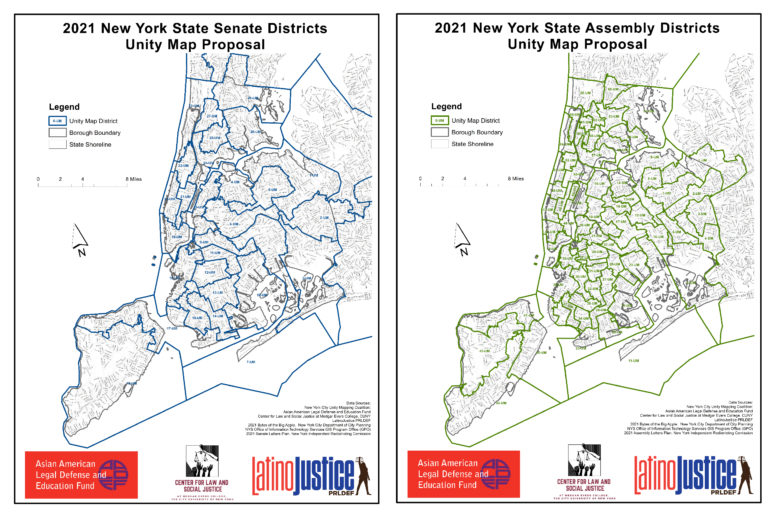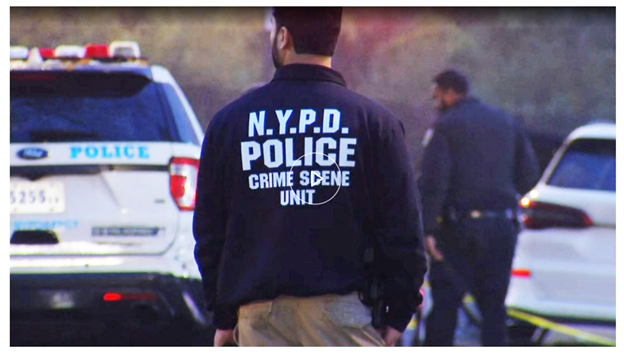The Asian American Bar Association of New York together with the New York City Bar Association ADR Committee and the New York State Bar Association Dispute Resolution Section and partner bar associations are committed to increasing the selection of ADR professionals from historically underrepresented communities. To promote this goal, the partnering bar associations have created the New York Diversity, Equity and Inclusion Neutral Directory (“NY DEI Neutral Directory).
The directory is a list of ADR professionals who self-identify as a member of a historically underrepresented community including but not limited to: a person of color, a member of the LGBTQ+ community, as having a disability, or identify as a woman. Individuals seeking ADR professionals can search the directory alphabetically, by practice area, by language ability, and by other self-identifying characteristics. Individuals who wish to be included in the directory must be members of one of the partnering bar associations, and have filled out the Directory Questionnaire which is available here: https://bit.ly/3d1Nn3q Inclusion in this directory does not imply endorsement or recommendation by any organization
Directory Partners include the following bar associations: The Amistad Long Island Black Bar Association, Asian American Bar Association of New York, The Bar Association of Erie County, The Brehon Law Society, Caribbean Attorney Network, Dominican Bar Association, Hispanic National Bar Association, New York Chapter, LGBT Bar Association of New York, Macon B. Allen Black Bar Association, Metropolitan Black Bar Association, The Network of Bar Leaders, New York County Lawyers Association, Rochester Black Bar Association, South Asian Bar Association of New York, Puerto Rican Bar Association, Westchester Bar Association and the Women’s Bar Association of the State of New York.
The NY DEI Neutral Directory is available online here: https://bit.ly/3o7XOcf






